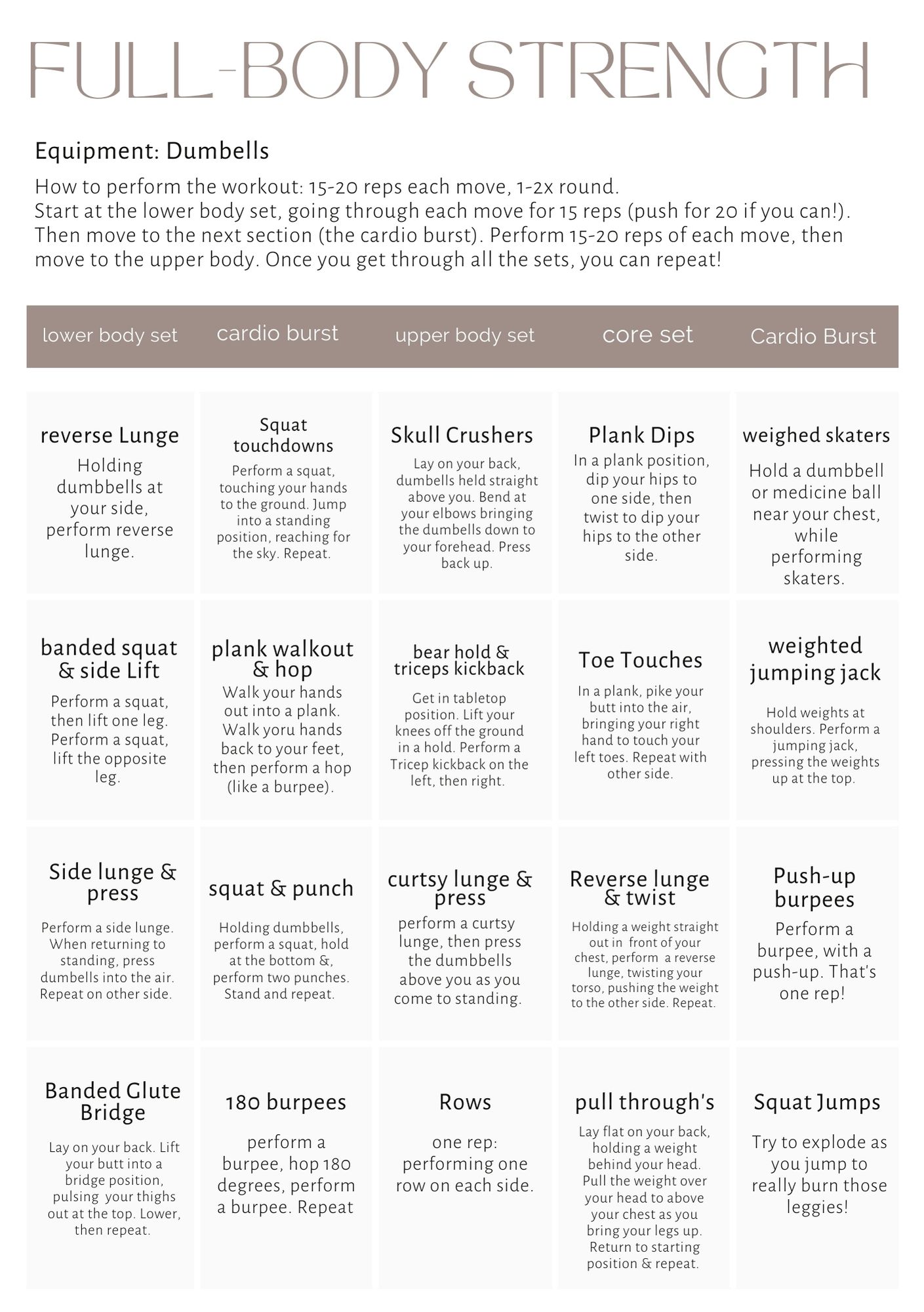

Cross-Training Mastery: Holistic Fitness Unleashed
In the pursuit of overall well-being, cross-training emerges as a dynamic and effective approach to fitness. Beyond the conventional confines of singular exercise routines, cross-training involves incorporating a variety of activities into your regimen. Let’s explore the transformative power of cross-training for achieving holistic fitness and optimal health.
Understanding Cross-Training: Breaking Fitness Barriers
Cross-training transcends the limitations of monotonous workouts by integrating diverse exercises. It involves combining different forms of physical activity to target various muscle groups, energy systems, and fitness components. This holistic approach not only prevents boredom but also addresses the multifaceted nature of overall fitness.
Diversifying Workouts: Beyond the Comfort Zone
The beauty of cross-training lies in its ability to push boundaries and challenge the body in new ways. Diversifying workouts prevents plateauing, as the body constantly adapts to different stimuli. Incorporate activities like cycling, swimming, weightlifting, and yoga to engage different muscle groups and enhance overall physical capabilities.
Cardiovascular Benefits: Boosting Heart Health
Cross-training significantly improves cardiovascular fitness. By alternating between activities that elevate your heart rate, such as running, cycling, and rowing, you enhance your heart’s efficiency, strengthen it over time, and promote better circulation. Cardiovascular benefits are a cornerstone of holistic fitness, contributing to overall health and longevity.
Strength and Muscle Endurance: A Comprehensive Approach
Traditional strength training often focuses on specific muscle groups. Cross-training takes a more comprehensive approach by engaging various muscles through different activities. This not only builds overall strength but also enhances muscle endurance, allowing you to sustain effort across different types of exercises and activities.
Injury Prevention: Balancing Impact and Stress
Repetitive strain on specific muscles and joints can lead to overuse injuries. Cross-training minimizes this risk by distributing the impact and stress across different parts of the body. Engaging in low-impact activities like swimming or elliptical training alongside higher-impact exercises provides a balanced and protective approach to fitness.
Mental Health Benefits: Breaking Monotony
Physical well-being is inseparable from mental health. The varied nature of cross-training introduces an element of excitement and novelty into your routine, breaking the monotony of traditional workouts. This diversity can contribute to reduced stress, improved mood, and increased adherence to a consistent fitness regimen.
Flexibility and Mobility: Integrating Functional Movement
Many cross-training activities, such as yoga and Pilates, emphasize flexibility and mobility. These components are crucial for functional movement and daily activities. Improved flexibility not only enhances performance in other exercises but also reduces the risk of injuries related to stiffness and limited range of motion.
Customizing Your Routine: Tailoring to Individual Goals
Cross-training allows for a personalized approach to fitness. Tailor your routine based on individual goals, preferences, and fitness levels. Whether you’re training for a specific sport, aiming for weight loss, or simply seeking overall well-being, cross-training provides the flexibility to design a regimen that aligns with your unique objectives.
Cross-Training for Holistic Fitness: Your Path to Wellness
Explore the comprehensive insights and expert advice on cross-training for holistic fitness at Cross-training for Holistic Fitness. This resource offers valuable information, workout plans, and guidance to help you unleash the full potential of your fitness journey. Embrace the versatility of cross-training, break free from fitness limitations, and witness the transformative impact on your holistic well-being.








